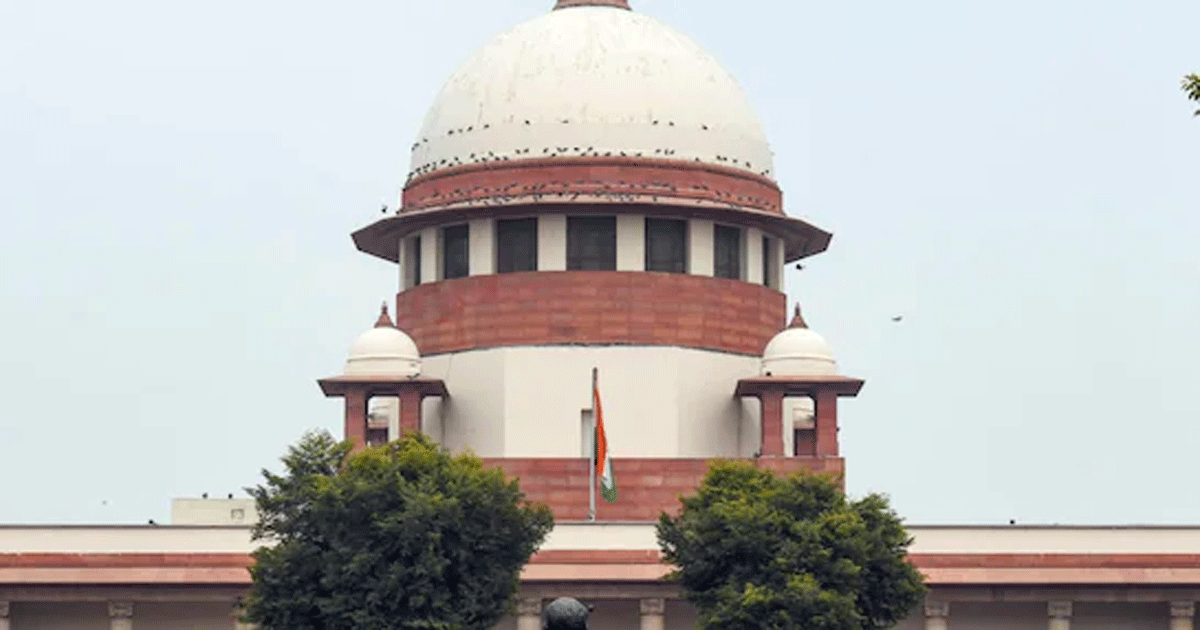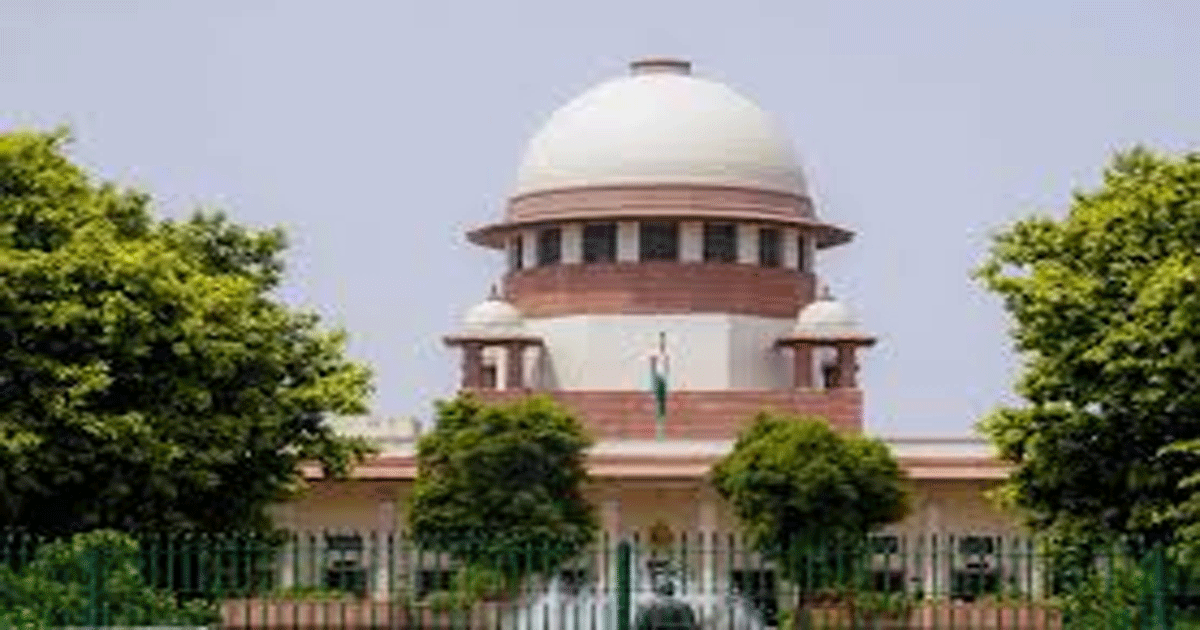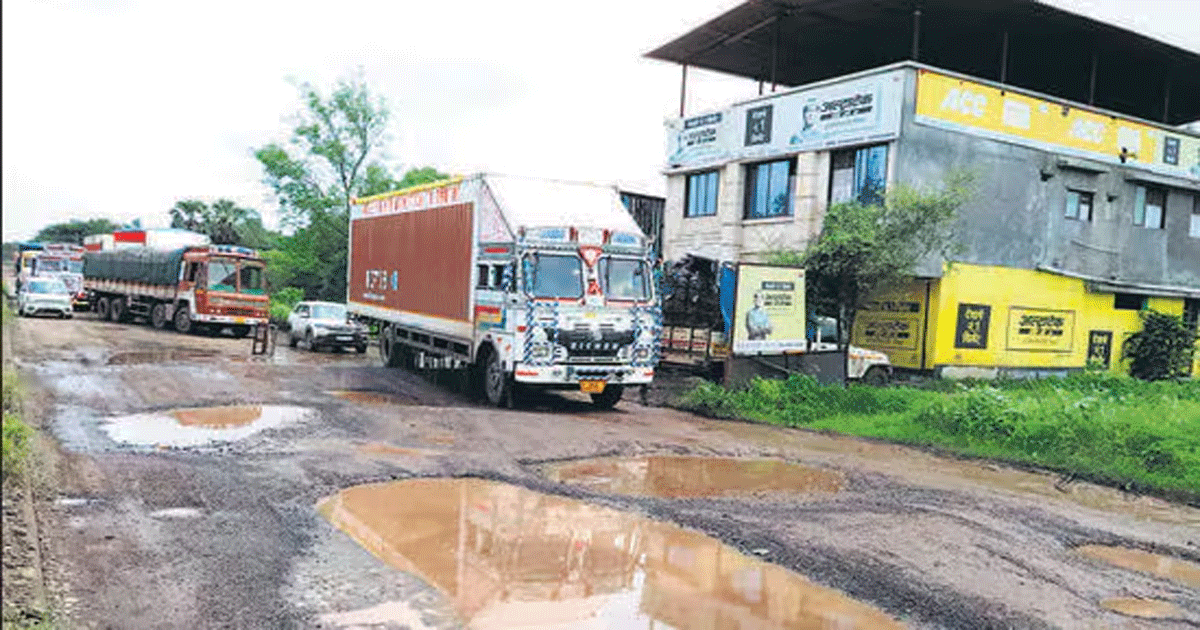General
Schools in Delhi shut down till further orders due to pollution
Due to ‘very poor’ air quality, all schools in Delhi will remain closed from December 3 onwards till further order, Environment Minister Gopal Rai said on Thursday.
Earlier on November 13, Delhi Chief Minister Arvind Kejriwal announced to shut down physical classes in schools for a week, adding that education will continue in virtual mode. After a gap of almost two weeks, all schools in the national capital were reopening on November 29.
This move of the Delhi government came after the Supreme Court of India gave a 24-hour ultimatum to the Centre, Delhi and its neighbouring states to act against rising air pollution. Despite the ban, CBSE exams would go ahead with necessary precautions and safety measures.
The state government took a similar decision on Monday when it announced a blanket ban on all the construction and demolition (C&D) activities in the city until further orders. Besides, the entry of non-CNG and non-electric trucks from outside of Delhi was also prohibited on the same date till December 7 to reduce vehicular emission.
While stubble burning in the neighbouring states of Uttar Pradesh, Haryana and Punjab is reported to be a major source of pollution in the capital, dust from the construction and demolition activities, vehicular emission and pollution from open burning contribute as the city’s own source of pollution.
On Thursday, Delhi’s overall AQI at 9.30 a.m. stood at 382 with the level of PM2.5 and PM10 standing at 227 and 401, respectively, as per System of Air Quality and Weather Forecasting And Research (SAFAR).
According to the Air Quality Early Warning System for Delhi, the air quality is likely to remain in the ‘Very Poor’ category on December 3 and December 4. “Winds are likely to remain slow/calm during December 3 to 5 which are unfavourable for dispersion of pollutants. The Outlook for subsequent five days: The air quality is likely to remain in Very Poor category with PM2.5 to be the predominant pollutant,” It added.
Mumbai Press Exclusive News
Waqf Bill Order! Know which things the Supreme Court has banned.

New Delhi: The Supreme Court on Monday delivered a significant verdict on the *Waqf (Amendment) Act, 2025. The court refused to suspend the entire Act but imposed an *interim stay on several controversial provisions. The ruling has triggered widespread debate as the Waqf law has long been a politically and socially sensitive issue.
Which Provisions Have Been Suspended?
- Five-Year Practicing Muslim Condition
The Act required that a person establishing a Waqf must have been a “practicing Muslim” for at least five years. The Supreme Court stayed this provision, observing that the term lacks a clear definition and cannot be enforced without proper guidelines. - Collector’s Authority Over Waqf Property
The amendment empowered District Collectors to decide whether a property qualifies as Waqf property. The court suspended this clause, stating that it could undermine citizens’ rights and interfere with judicial processes. - Cap on Non-Muslim Members in Waqf Boards and Council
The Act limited the inclusion of non-Muslims to three in State Waqf Boards and four in the Central Waqf Council. The Supreme Court has stayed this restriction as well. - CEO Must Be from Muslim Community
Another provision directed that, as far as possible, the CEO of a Waqf Board should belong to the Muslim community. This clause has also been put on hold.
The bench clarified that suspending the entire law would not be appropriate, but certain disputed provisions must remain on hold until the matter is fully heard. All stakeholders will be allowed to present detailed arguments in the upcoming hearings.
Opposition parties have welcomed the Supreme Court’s decision, calling it a safeguard of constitutional values, while the government has defended the amendment, saying it aimed to bring more transparency and accountability in Waqf property management.
For now, the stay is interim and will remain effective until the court delivers its final verdict. The upcoming hearings will determine whether these provisions will be struck down permanently or modified for compliance with constitutional principles.
This ruling is expected to have a major impact on Waqf property administration across India and will likely fuel further nationwide debate in the coming months.
Mumbai Press Exclusive News
Supreme Court Stays Key Provisions of Waqf (Amendment) Act 2025

New Delhi, September 15: The Supreme Court of India has put a partial stay on certain provisions of the recently enacted Waqf (Amendment) Act, 2025. The court’s interim order came while hearing a batch of petitions challenging the constitutional validity of the amendments.
A major clause of the Act, which mandated that only Muslims could be appointed as members of the Waqf Board for a minimum period of five years, has been stayed. The court observed that such a provision could raise concerns of exclusion and required deeper judicial examination.
The bench also issued directions regarding the participation of non-Muslims in the Waqf Board. As per the interim order, the number of non-Muslim members serving on a Board has been capped at three, until the final hearing and judgment.
Petitioners had argued that the amendments were discriminatory and went against the principles of equality guaranteed by the Constitution. On the other hand, the Union government defended the Act, stating that it aimed to bring reforms and transparency in the functioning of Waqf institutions across the country.
The Supreme Court clarified that its interim relief would not affect the ongoing administrative work of Waqf Boards but ensured that the contentious provisions do not come into effect until the matter is fully resolved.
The case will now be taken up for detailed hearing in the coming weeks.
Maharashtra
Demand to cancel Bhiwandi Road footpath expansion project will only benefit builder lobby: Azmi alleges

Mumbai Maharashtra Samajwadi Party leader and MLA Abu Asim Azmi has demanded from Maharashtra Chief Minister Devendra Fadnavis to stop the demolition of religious places, houses and projects in the name of road and footpath expansion in Bhiwandi and protect religious places, temples, mosques and houses. Earlier, the government and MMRDA had spent an additional Rs 1700 crore on projects to protect the victims of the metro project. Abu Asim Azmi demanded from Devendra Fadnavis and Eknath Shinde that in the new development project of Bhiwandi Nizampur Municipal Corporation, a proposal has been made to widen the road by 6-6 meters from Rajiv Gandhi Chowk to Tim Ghar Marg, which is expected to make thousands of people homeless and unemployed, and temples and mosques will also be affected by this project, so this project should be canceled immediately. Azmi alleged that this project is causing a lot of hardship to the people and also endangering the existence of many religious places, so this project and plan should be stopped and a new plan should be prepared. Azmi said that this project and the expansion of roads and footpaths will only benefit the builder lobby, so the government should consider it so that the citizens of Bhiwandi get justice.
-

 Crime3 years ago
Crime3 years agoClass 10 student jumps to death in Jaipur
-

 Maharashtra11 months ago
Maharashtra11 months agoMumbai Local Train Update: Central Railway’s New Timetable Comes Into Effect; Check Full List Of Revised Timings & Stations
-

 Maharashtra11 months ago
Maharashtra11 months agoMumbai To Go Toll-Free Tonight! Maharashtra Govt Announces Complete Toll Waiver For Light Motor Vehicles At All 5 Entry Points Of City
-

 Maharashtra12 months ago
Maharashtra12 months agoFalse photo of Imtiaz Jaleel’s rally, exposing the fooling conspiracy
-

 National News11 months ago
National News11 months agoMinistry of Railways rolls out Special Drive 4.0 with focus on digitisation, cleanliness, inclusiveness and grievance redressal
-

 Crime11 months ago
Crime11 months agoBaba Siddique Murder: Mumbai Police Unable To Get Lawrence Bishnoi Custody Due To Home Ministry Order, Says Report
-

 Maharashtra10 months ago
Maharashtra10 months agoMaharashtra Elections 2024: Mumbai Metro & BEST Services Extended Till Midnight On Voting Day
-

 National News12 months ago
National News12 months agoJ&K: 4 Jawans Killed, 28 Injured After Bus Carrying BSF Personnel For Poll Duty Falls Into Gorge In Budgam; Terrifying Visuals Surface












